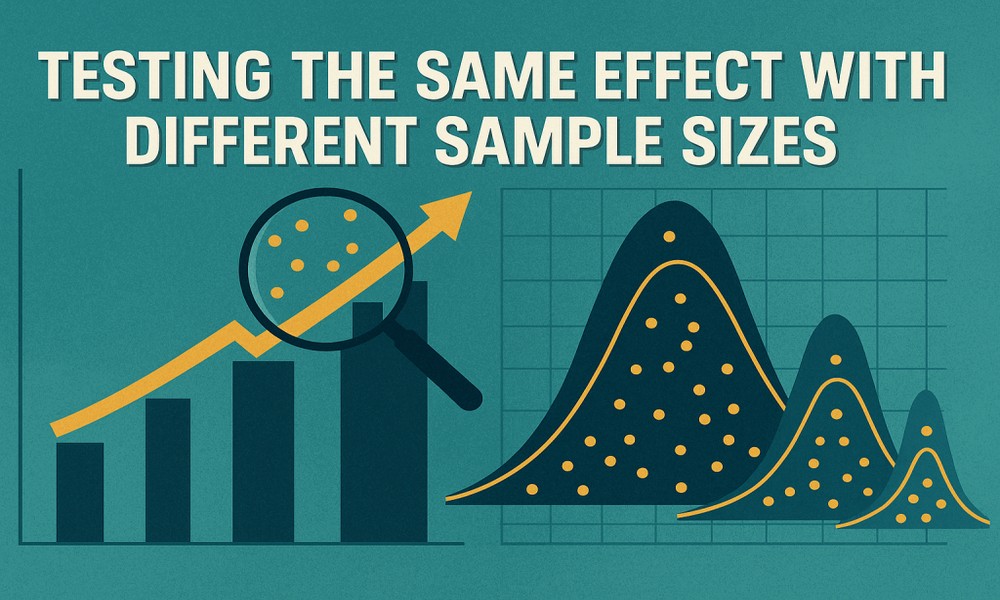In the modern healthcare landscape, the need for a comprehensive healthcare digital marketing approach has never been more critical. With increasing competition and patient expectations, organisations must move beyond traditional outreach and embrace strategic paid search campaigns. These campaigns are especially effective when applied to niches like substance use recovery—where addiction treatment marketing demands a thoughtful and carefully targeted strategy.
The Role of Paid Search in Healthcare Marketing
When people search for care services, they’re not just browsing—they’re seeking solutions. A well‑executed paid search campaign positions a provider right at that critical moment of decision. By intertwining paid search efforts within a broader healthcare digital marketing framework, a medical organisation can capture intent-driven traffic and guide it toward meaningful action. The nuance here lies in aligning the ads, targeting, and messaging with the specific nature of the patient journey, especially in fields such as recovery and rehabilitation.
In the context of addiction treatment marketing, this clarity becomes even more vital. Patients and families searching for help are often apprehensive, sensitive, and looking for trust signals as much as service descriptions. That means paid search cannot simply be about volume—it must focus on relevance, empathy, precision and compliance.
Crafting the Paid Search Strategy
A successful paid search architecture begins with mapping out the patient journey and defining clear objectives. Whether the goal is to increase assessment bookings, receive intake calls or raise awareness of specialised services, the campaign must mirror that outcome. The structure of keywords, ad copy, targeting and landing page experience must all synchronise to create a seamless path from search query to conversion.
Strong keyword research is the bedrock. For a program focused on addiction recovery, relevant terms could include “help for substance use disorder,” “intensive outpatient rehab,” or “addiction recovery admissions.” These are intent‑rich queries, and capturing them demands smart match‑type management, negative keyword strategies and segmentation by intent. It’s this level of detail that elevates addiction treatment marketing from generic advertising into specialist outreach.
Landing pages matter just as much as ads. A user who clicks must find a page that resonates: clear headlines, credible trust‑markers, a compelling call‑to‑action, and mobile‑first design. Because many healthcare searches occur on mobile devices, mobile optimisation is essential. Once the ad is clicked, the experience must deliver. And behind it all, performance tracking is indispensable: monitoring conversions, cost per acquisition, quality scores and funnel metrics enables continual optimisation and insight.
Ethical Considerations and Integration Across Channels
As soon as medical services are involved, compliance and ethics become non‑negotiable. Platforms impose extra rules around claims, targeting sensitive conditions and remarketing specific audiences — making it essential to embed legal and ethical safeguards throughout the campaign. The language used must avoid exaggerated promises, the targeting must steer clear of sensitive health attributes, and attribution must be transparent.
But paid search cannot function in isolation. A high‑performing healthcare digital marketing strategy blends paid search with SEO, content marketing, reputation management and social media efforts. For organisations engaging in addiction treatment marketing, this means creating educational content, patient stories, FAQs and support resources that dovetail with the paid activity. The paid search campaign drives immediate action, while the broader digital strategy builds trust, visibility and long‑term credibility.
Final Thoughts
For providers seeking to expand their reach and deliver critical services, paid search offers immense potential when handled strategically. By embedding it within a wider healthcare digital marketing ecosystem—tailoring it to specialist audiences such as those requiring addiction recovery support—a campaign becomes more than an ad spend. It becomes a conduit for meaningful connection and engagement. Addiction treatment marketing, when executed with sensitivity, precision and integration, can transform a click into a conversation, a lead into a life‑changing encounter.














Comments